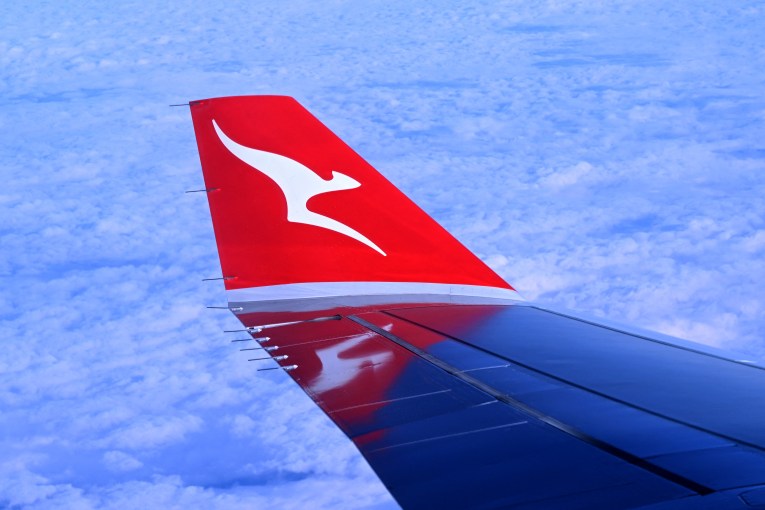Why your superannuation is at Pudong’s mercy

Pudong, home of the Shanghai Stock Exchange.
The six-week bout of losses on the Australian stockmarket has more to do with China’s bubble economy than Greece’s debt woes.
While the debt stand-off between Greece and its creditors has grabbed most of the headlines in the past month, in the background Chinese equity markets have entered a meltdown.
• ASX drops on Greece and China news
• Aussie dollar hits six-year low
• Are we on the verge of economic apocalypse?
China’s version of Wall Street is Pudong Road – the financial district of China’s financial capital, Shanghai.
Since the beginning of June, traders at Pudong Road’s most prestigious address – the Shanghai Stock Exchange Building – have witnessed a $US3 trillion rout.
And even though it hasn’t triggered mainstream alarm among Australian investors, the fallout is having an impact on local stock prices.
Shanghai market hits the skids
Since threatening to break through 6000 points in the last week of April, the key Australian stock indicator, the S&P/ASX 200, has shed almost 10 per cent, closing on Monday at around 5475 points.

Pudong is quickly becoming one of the most recognisable cityscapes in the world. Photo: Shutterstock
The driver of the local sharemarket retreat was not the fear generated by the faltering Greek bailout talks, but the collapse of China’s once-booming equity markets.
Monday’s aggressive sell-down of Australian mining, energy and utility stocks was a reaction to the dramatic falls recorded last week on the Shanghai and Shenzhen exchanges.
In the past month, panicked selling by Chinese investors has wiped more than 25 per cent off the value of the Shanghai market – the world’s third-largest exchange.
Aggregate losses on other Chinese exchanges have been even bigger, with the Shenzhen exchange posting total monthly losses exceeding 30 per cent when trading closed last Friday.
Investors in these markets – many of whom have taken out margin loans to build their share portfolios – have watched the value of their investments crash by a staggering $US3.5 trillion.
Chinese government intervenes
As international journalists converged on Athens for the weekend plebiscite, agitated Chinese regulators were hastily putting together a raft of emergency measures aimed at stabilising the country’s ailing stock markets.
The measures, which took effect on Monday morning, include a fresh line of liquidity to take the heat off banks that had made margin loans, a ban on new stockmarket listings and a rather extraordinary directive to licensed sharebrokers to buy stocks.
The package appeared to have a positive impact in the first hour of trading in Shanghai on Monday.
Shanghai’s Composite Index opened up by nearly four per cent, but then tapered to produce a gain of less than 2.4 per cent.
The intriguing feature of trading on the ASX on Monday was that the S&P/ASX 200 index appeared to respond to movements in the Shanghai index.
This raises an interesting question for fund managers with mandates to manage Australia’s $2 trillion superannuation industry: is the ASX now in the orbit of Shanghai?
Aussie dollar plunges to six-year low
Australia’s currency touched a six-year low of 74.78 US cents on Monday, which virtually rules out the prospect of an official rate cut by the Reserve Bank at its monthly board meeting on Tuesday.

RBA governor Glenn Stevens will make a decision on the cash rate on Tuesday, but it is almost certain he will leave it at two per cent. Photo: AAP
The Aussie dollar’s fall is mostly attributable to iron ore prices that began falling again in the past month after they staged a slight recovery in May.
As a result, share prices of local iron ore miners have taken another pounding in recent weeks, with struggling WA miner Fortescue Metals sinking five per cent to a 10-year low of $1.71.
Other iron ore miners such as BHP and Arrium are also now trading near decade lows.
Plummeting iron ore prices, however, are delivering a profit windfall for Chinese steelmakers.
Big steelmakers listed on the Shanghai and Shenzhen exchanges have defied the recent market plunges to soar to record prices.
The share price of the world’s second-largest steel producer, Hebei Iron and Steel, has soared 300 per cent in the past 12 months as flagging iron ore prices have reduced its costs.








